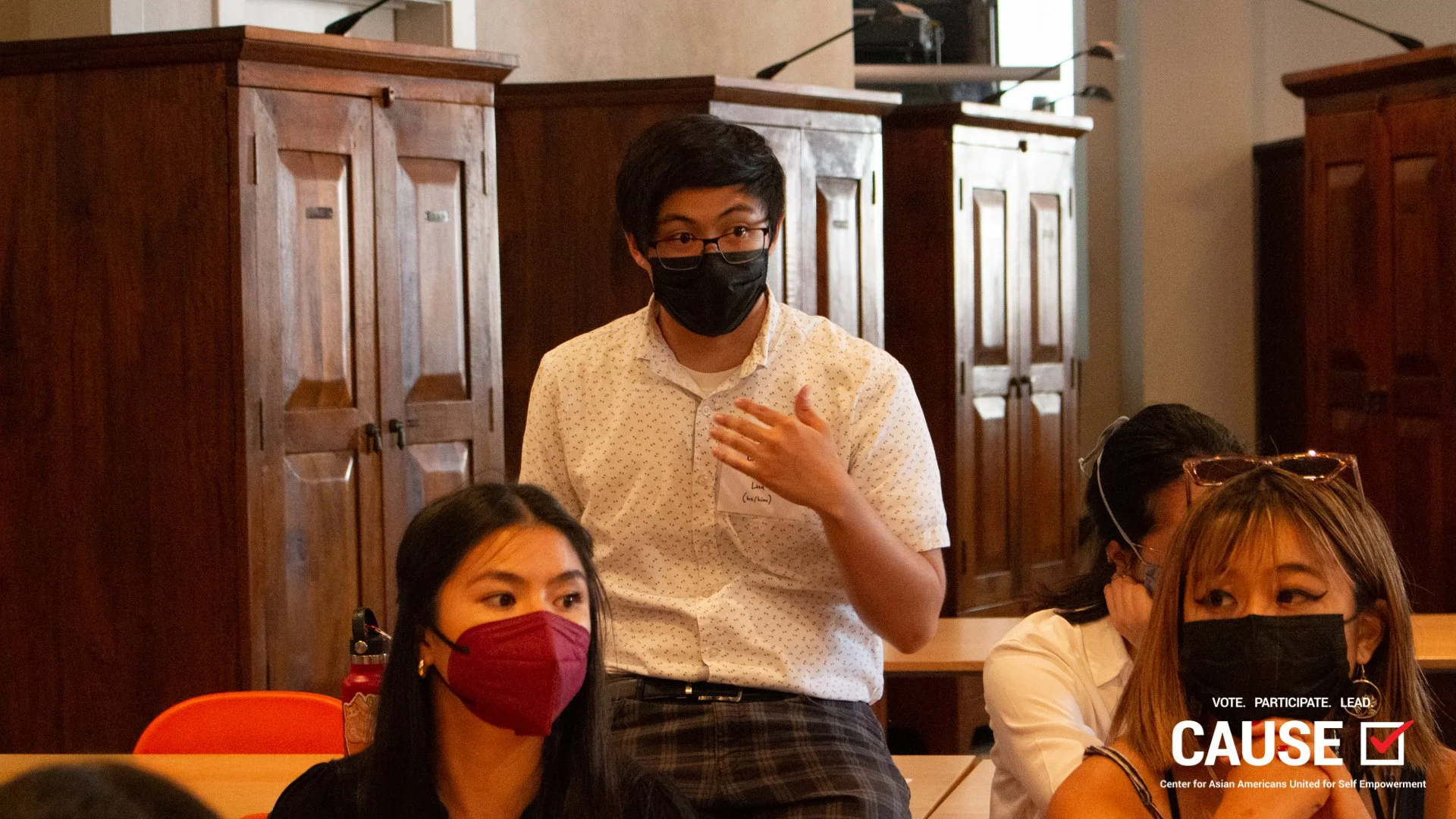Instilled in me from a young age was the belief that our elders ought to be treated with the utmost respect. They are wiser than us, guiding the whole family based on their values and experiences. I fondly remember sitting with my grandparents hearing stories about what it was like to be their age, and all of the historical events they lived through. Through my museum work, I extend these beliefs to the artifacts that I research and line museum halls. These objects tell stories of times that we will never see again, but still echo values and experiences that apply to all our lives today.
This week I was forwarded an email from a collector who found an artifact in an antique shop on the east coast. Attached was a photo of a stout aged oaken box with a disintegrating notice denoting that this piece of history was a ballot box. The paper came with an address located in the Historic Downtown Core, which is today a bunch of loft apartments and boutiques. I was able to learn more about this ballot box through my research skills gained through museum work, finding through building permits that the address was a county elections office in the 1940’s, headed by a progressive but short tenured registrar. Through old newspaper databases, I was able to find that a lot of his actions mirrored today’s push to increase voting accessibility. The registrar pushed for early mail ballots for servicemen in WWII, and randomized candidate order to prevent advantages to those listed first on ballots.
I found this surprisingly relevant to today’s conversations on election transparency and fairness. It was comforting to know that even 80 years ago people were still striving to make sure every voice was heard. This box is part of a long and arduous process to make sure that everyone is able to cast a ballot. Although we know that we have a long way to go, seeing this box and what it represents is inspiring. Imagining how far each ballot traveled to be counted, across the seas from a war torn Europe to come all the way to California, it gave me pause to think of how convenient it is to vote today.
Just like hearing my grandparents talk about their lives, by uncovering the histories of artifacts like the ballot box forges windows into the past that ring true to contemporary life. Although today’s voting is modernized, we can still understand how serious people from the 1940’s were about election fairness. Even though the brown and crumbling paper made the words hard to piece together, voices of the past tell us that we must strive to be better.
When I started my placement at my host office, I thought that I would have to push my background in museum work to the side; where I would not have the opportunity to teach or do in depth research like I have had to do previously. Being able to learn about pieces of history in my host office was rewarding and an interesting way to serve my community. By uncovering moments in time that are relevant to us today, we can serve to educate the public by spreading awareness of issues that are not new but an ongoing battle to make sure people’s voices are being heard. It is a reminder that today’s conversations are not new, but reflections of what our elders have gone through before.

